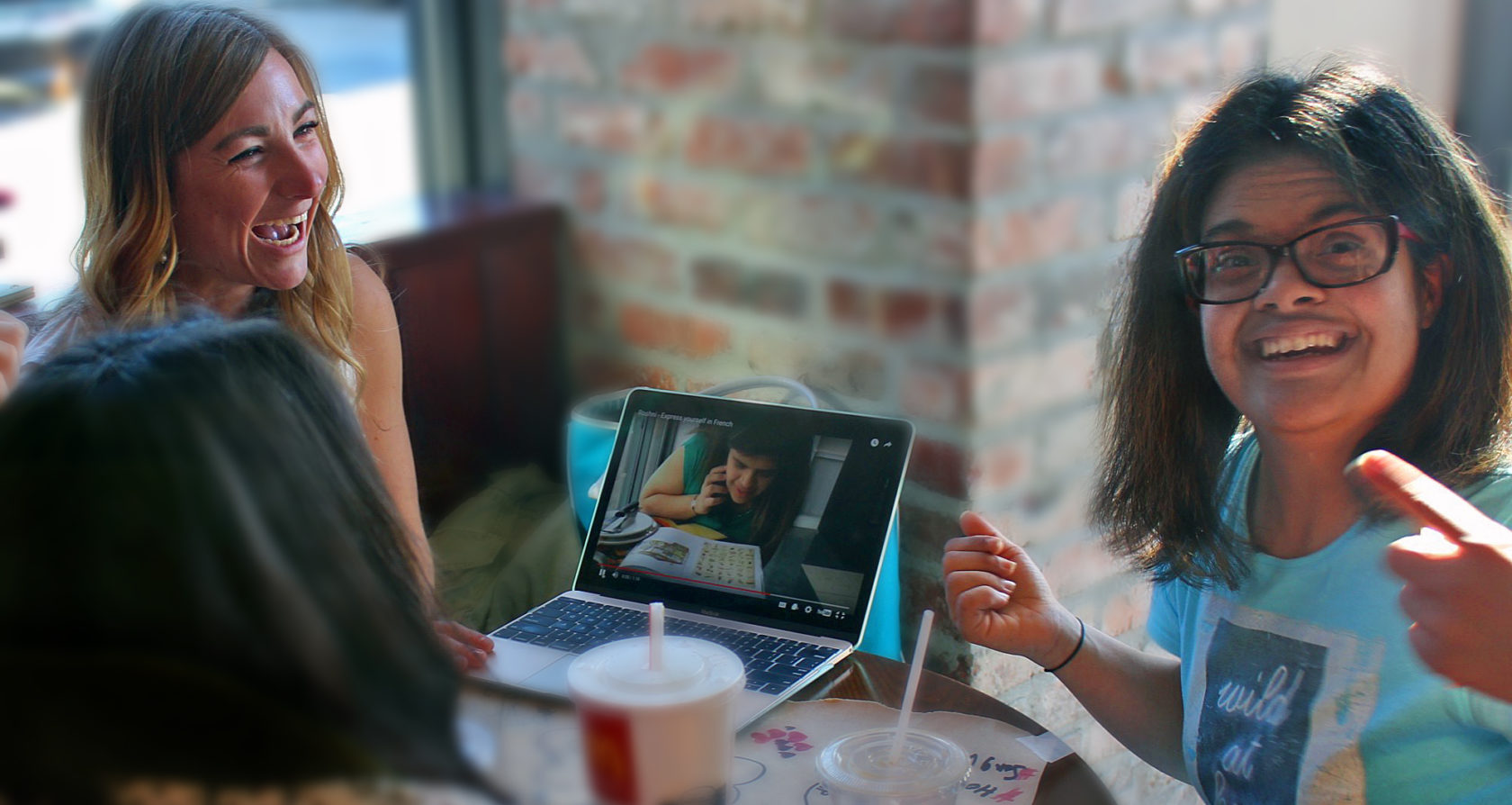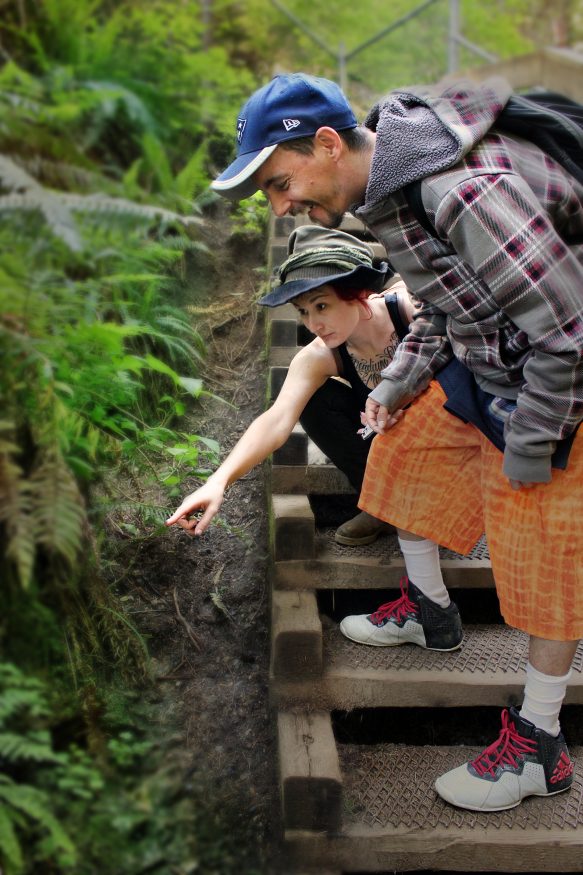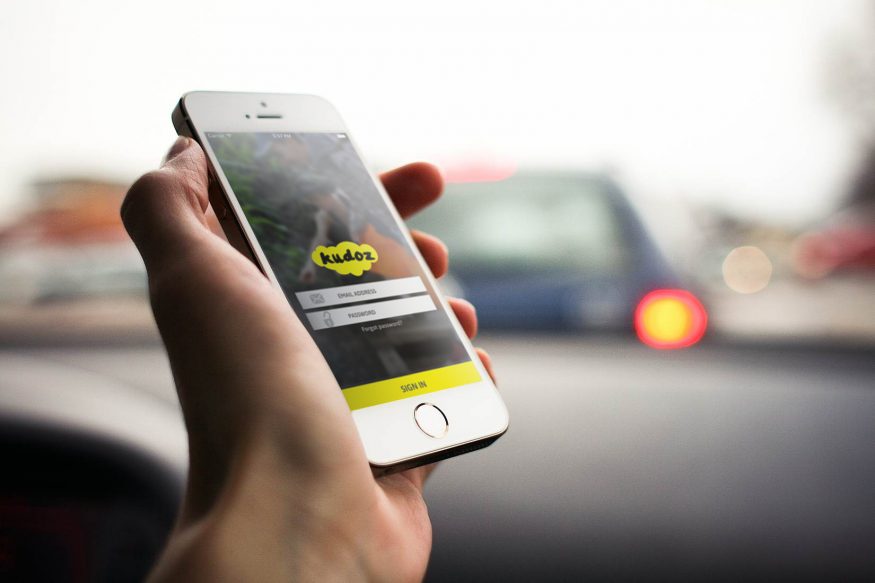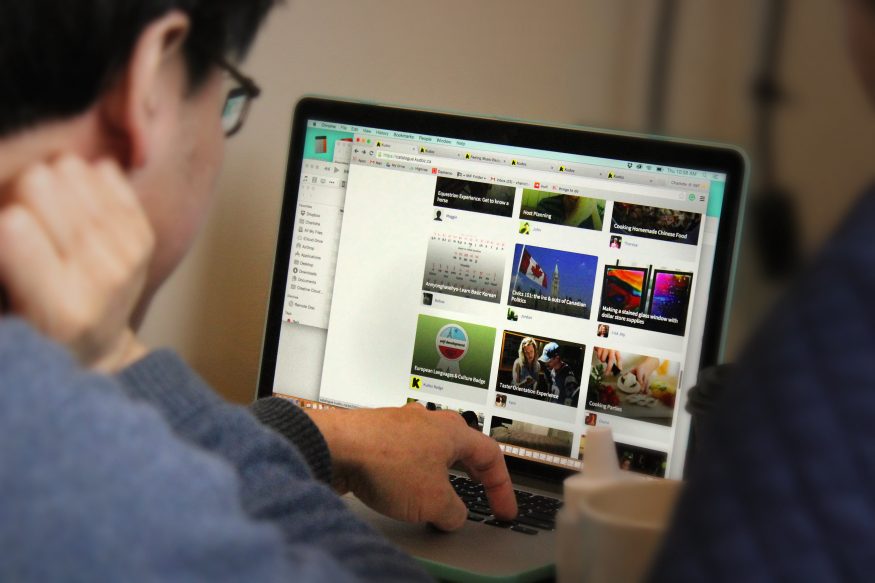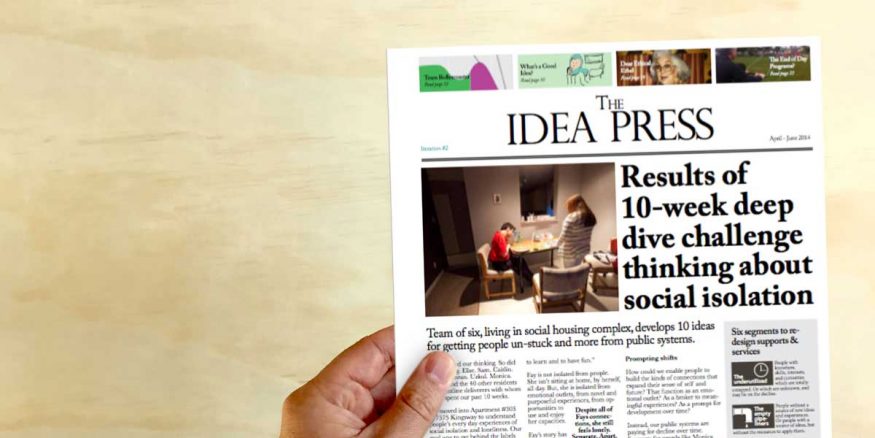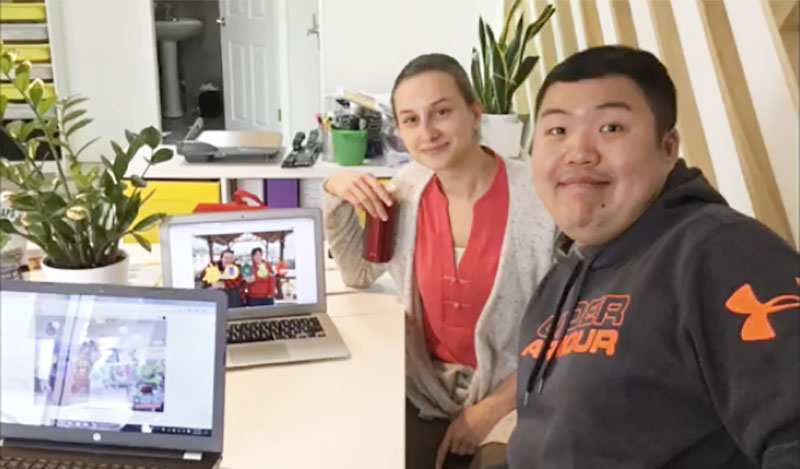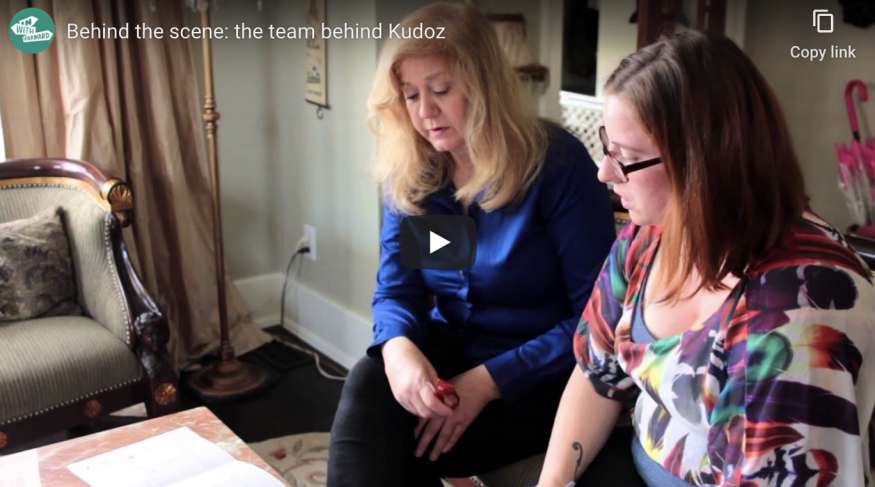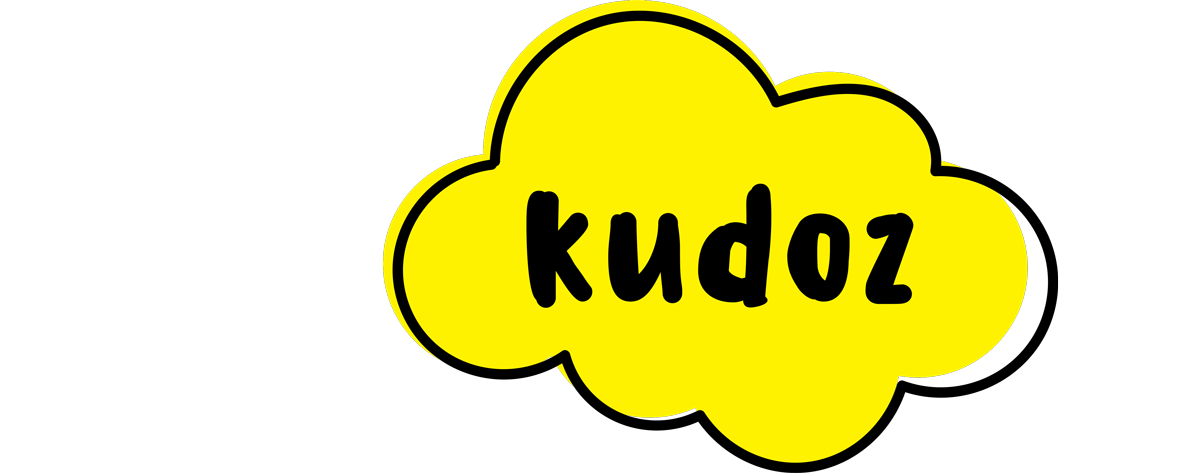
Component parts
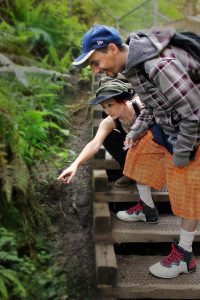

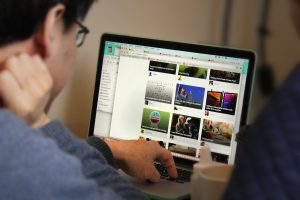
Kudoz consists of:
- A new kind of face-to-face interaction between adults with a disability and volunteer hosts. One-hour learning experiences are at the heart of Kudoz. We’ve tested the length, sequence, and substance of great learning experiences.
- New value proposition and end-to-end experience for volunteer hosts. Hosts choose when, where, and how much to volunteer based on their interests and passions. Our journey map consists of over 20 designed moments.
- New roles: the Curator to find and shape learning experiences and the Taster to quality check experiences. Tasters are individuals with disabilities.
- A profile, booking system, and app. Our online catalogue and booking system enables individuals and volunteer Hosts to communicate and exchange feedback. An app helps individuals to get to their experience, and document their learning.
- A theory of change and set of metrics. Kudoz intentionally addresses and measures the determinants of mental wellbeing, independence, and employment. We have real-time data analytics.
Pain points
Kudoz comes from three-months of deep ethnographic fieldwork, six-months of experience prototyping, and a year of beta-testing with adults with cognitive disabilities. The initial problem was: how do we address social isolation amongst adults living with cognitive disabilities?
Our research showed that adults living with cognitive disabilities were not always socially isolated, but they were often isolated from novelty and learning. We reframed the problem as one of a poverty of experiences, expectations, and meaningful connections.
- Poverty of experiences: 25% of adults living with cognitive disabilities live in financial poverty. But adults with cognitive disabilities don’t just lack income. They lack opportunities to use and develop their capabilities.
- Poverty of expectations: When adults with cognitive disabilities do interface with further education and employment, they have little choices. Manual labor remains the dominant option.
- Poverty of connections: Thankfully adults with a cognitive disability are more physically integrated into our communities. But they aren’t yet intellectually integrated. Most community members have no relationship with adults with cognitive disabilities.
Research & impact
Underpinning Kudoz are five theories: (1) social cognitive career theory; (2) learned hopefulness, (3) bridging social capital; (4) growth mindset; and (5) positive psychology. Taken together, they suggest that a focus on building interests and drawing on strengths can improve people’s sense of self, create connections that ladder people to meaningful relationships, and employment opportunities.
The catalogue offers experiences that can both shape preferences and grow people’s social networks. Feedback loops are built into the profile tools.
The core change mechanisms at play in Kudoz are:
Widen exposure
You don’t know what you don’t know. When we expand what people directly see and experience, then, we expand their preference sets and therefore their goalposts. Goals are a hallmark of intentional behavior change. Individuals seek to close the gap between where they want to get to (their ideal selves) and where they are now (their actual selves).
Build social capital
Bridging social capital contributes to intentional change by giving people connections and shaping their aspirations. Without bridging social capital, individuals lack the tangible reference points and contacts to both explore and take-up new opportunities.
Show change
Feedback comes in a variety of forms – as external encouragement; as social comparison against a peer group; as self monitoring against a personal goal; and as internal reflection & review. Making feedback visible can serve as an important reinforcer and motivator.
To learn more behaviour change mechanisms, read our white paper.
I always wanted do do improv but I never knew how. Now, I’m doing a course and I’ve had a paid gig!
- Since 2016, 500 volunteer hosts and 100 persons with a disability have engaged with Kudoz.
- Kudoz measures outcomes in four areas: sense of self & future, improved soft skills & independence, expanded social networks, and reduced stigma. 85% of Kudoers have experienced at least one significant change.
- For each person with a disability that takes up Kudoz and is bridged to community supports, we estimate to save social services between $10-43K/year. Meanwhile, for each volunteer host added to the catalogue, we generate about $1,836 in value.
- A longitudinal follow-up study is in progress, including pre/post testing.
Here’s a significant change story: Aaron loves language. After graduating high school, he wanted to go to college and study English. But the only program he was eligible for was warehouse packaging. Through Kudoz, Aaron learned screenwriting from a professional actor and comedy writing from a local comedian. These days, Aaron can be found at the local comedy club where he performs as a sit-down comedian.
Awards
Kudoz was has been recognised for it’s user-centered end-to-end design, for it’s impact and for it’s delight. In 2017 the platform was the big winner at the Vancouver UX awards, winning in two categories: ‘UX for Good’, as well as the in ‘Best Overall UX’. In 2016 we were finalist for the Global Service Design Network Award in Amsterdam.
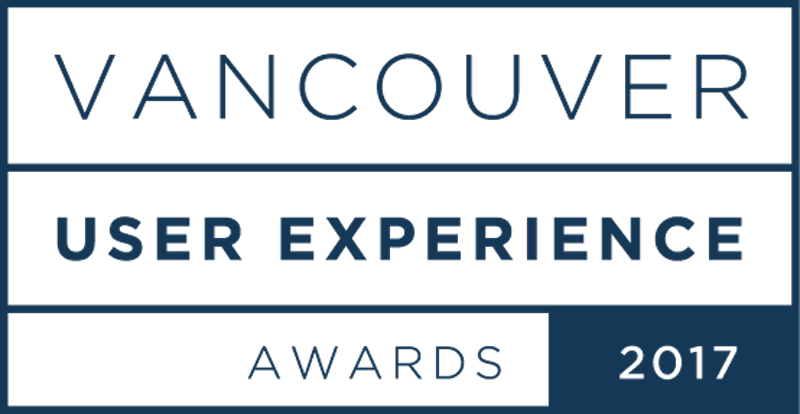

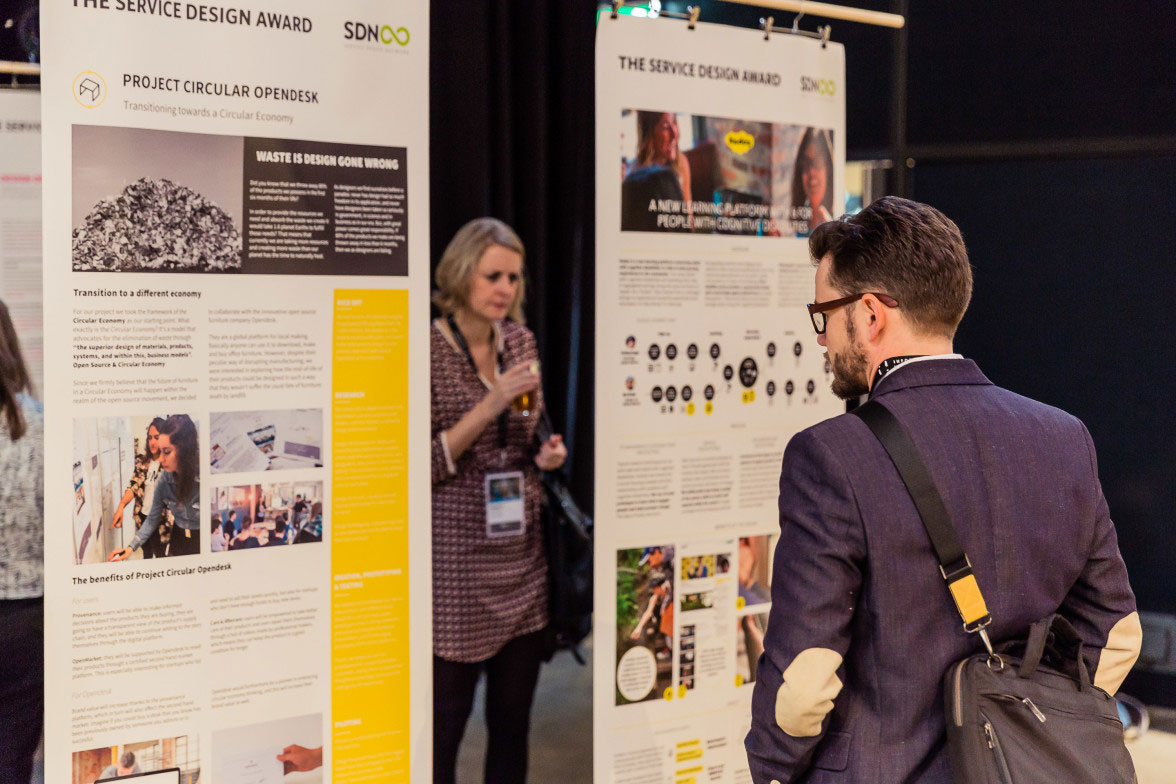

Team & partners

